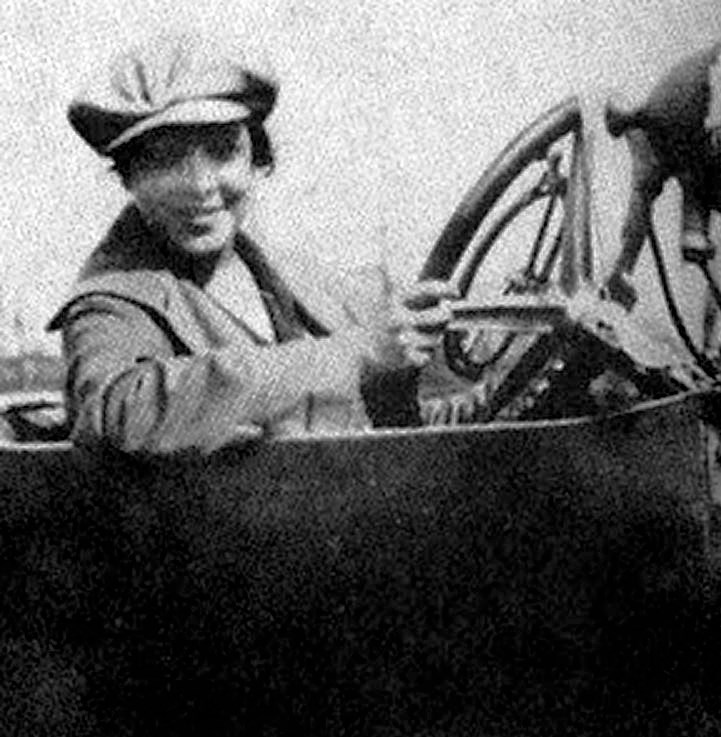A Vancouver time travelogue brought to you by Past Tense.
Ada “Bricktop” Smith was a singer and dancer from Chicago who spent 1919 and 1920 in Vancouver with the house band at the Patricia Café. Although not a familiar name today, Bricktop is notable for a number of reasons, the least of which is her singing ability.
Bricktop (so named because of her red hair) was already well known through the club circuits, but it wasn’t until she got to France a few years after her Vancouver stint that she hit the big time. Cole Porter saw her perform one of his songs and immediately became a fan. She taught his friends how to dance the Charleston and the Black Bottom and he in turn helped her get set up with her own club, Chez Bricktop, the hottest club in jazz age Europe.
Bricktop was the doyenne of Paris’s café society and of the ex-pat American “lost generation.“ Langston Hughes worked at Chez Bricktop, and she once threw a drunk John Steinbeck out, for which he later apologized by sending over a taxi filled with roses. Cole Porter’s classic Miss Otis Regrets was written for her, as was Django Reinhardt’s Bricktop. TS Elliot wrote a poem about her and F Scott Fitzgerald insisted ”my greatest claim to fame is that I discovered Bricktop before Cole Porter.” She also mentored and had a fling with Josephine Baker, and before going to Europe helped Duke Ellington get his first club gig in Harlem.
But before all that, Bricktop was singing at Hastings and Dunlevy at “the finest cabaret and cafe in the entire northwest,” in the words of the Chicago Defender, an African American newspaper that served as a social networking tool for vaudevillians, musicians, railway porters, and others on the road.
On 14 February 1920, the paper published an update that Bricktop had sent from Vancouver. She was doing fine, she said, but had had “the misfortune of breaking one of her limbs on Christmas Eve after a lengthy visit to someone’s cellar, but the break is mending rapidly and she will soon again be able to strut her stuff with her usual vim and pep.” The version she gives in her autobiography is that her leg was broken in a barroom brawl that erupted among the Scandinavian loggers who frequented the Patricia. She also told the Defender that her mother would be spending the summer with her in Vancouver and that letters could be sent to 848 East Georgia Street.
Source: Ada Bricktop Smith in Vancouver, 1920, from Bricktop by Bricktop with James Haskins (Atheneum, 1983), via RiverwalkJazz.org




